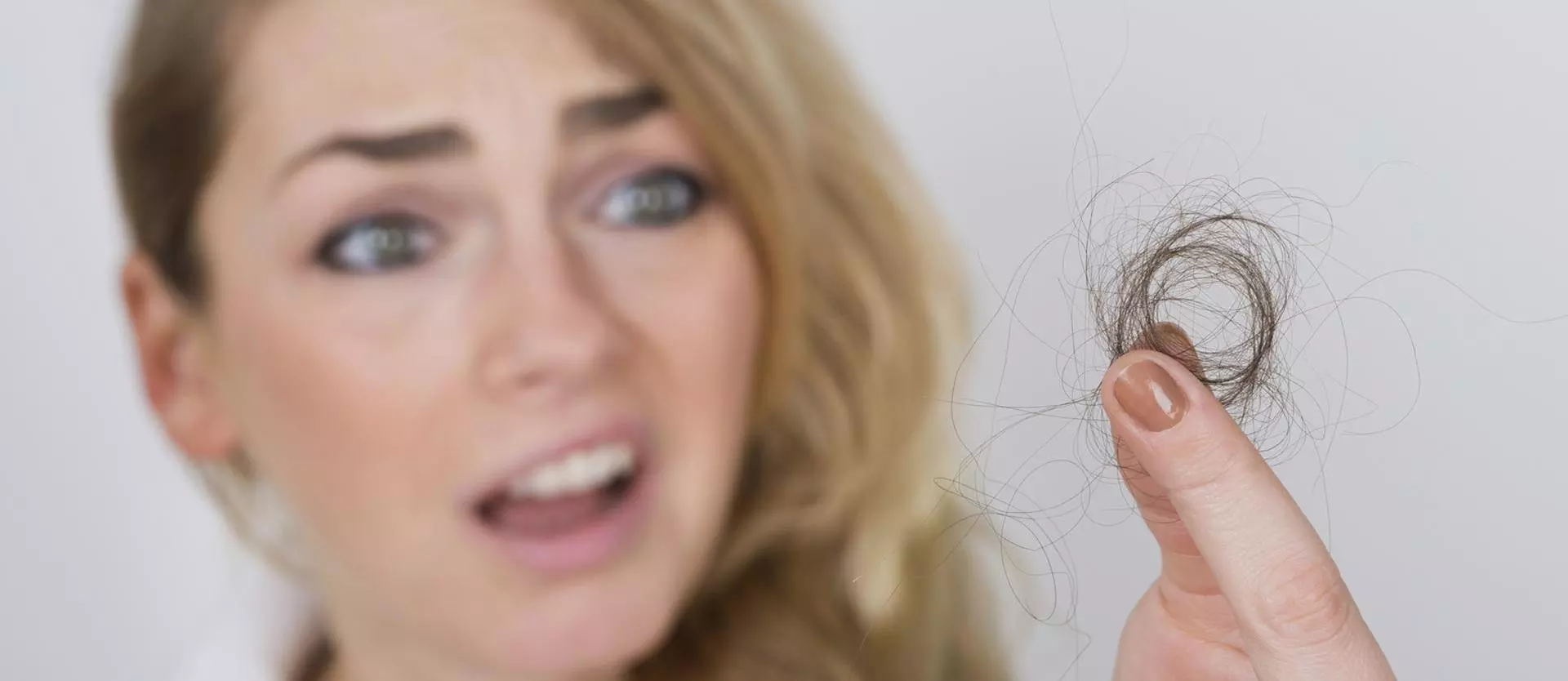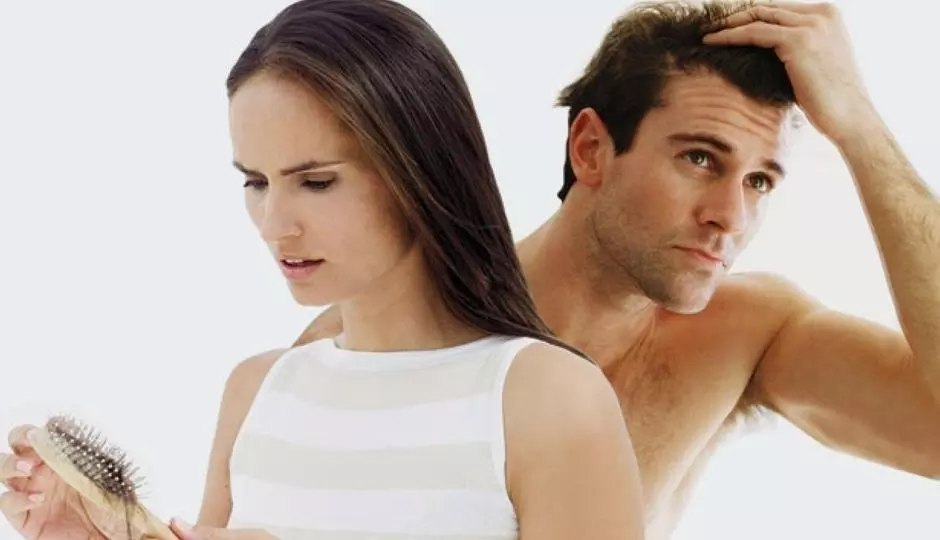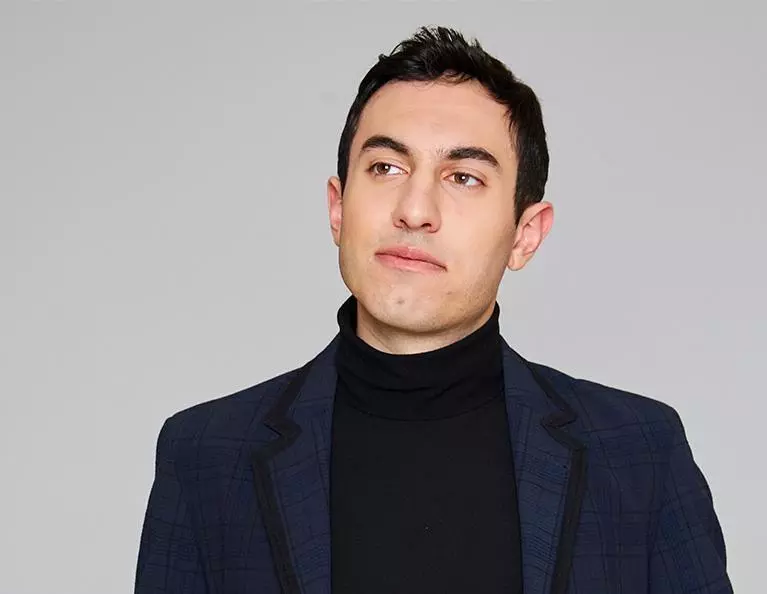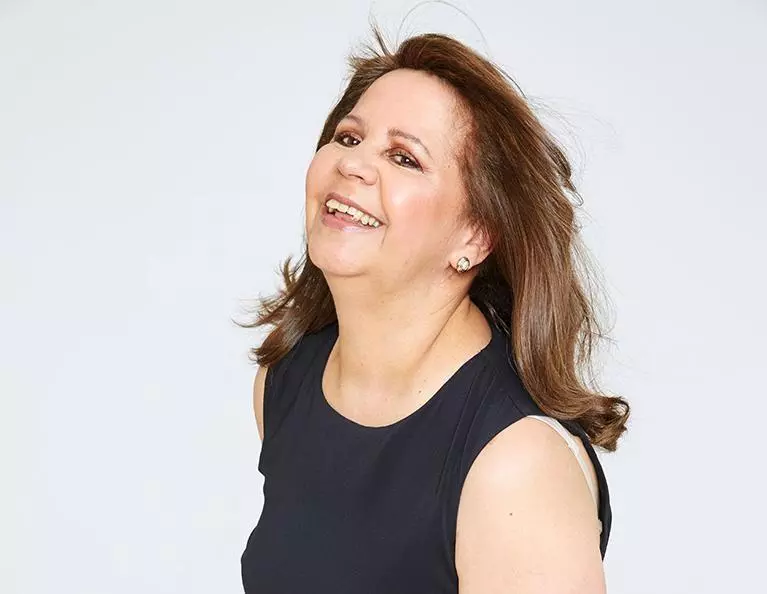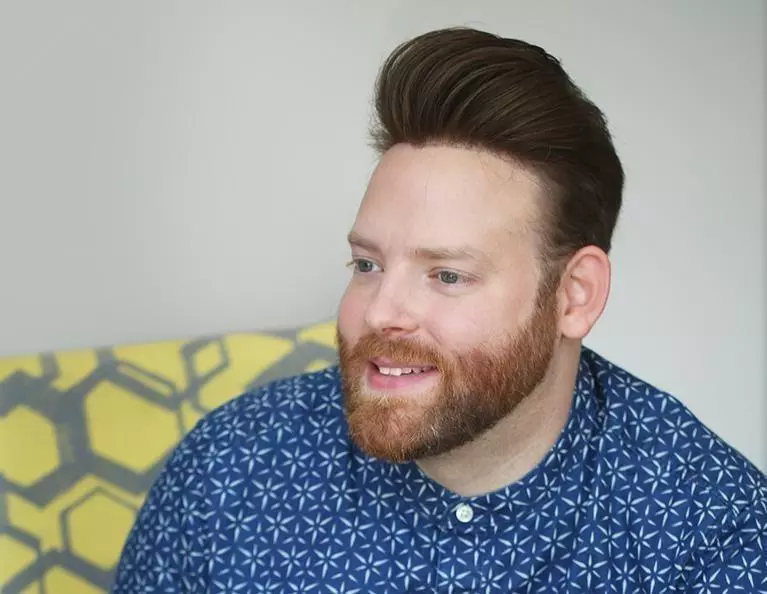Losing hair as a woman is not uncommon. In fact, there are many reasons that women lose hair and it can happen for unexplained reasons as well. If you are seeing more thinning of your hair, patches of missing hair, or just more hair in your brush, it helps to take a closer look at a few of the common causes. Could these reasons be behind your hair loss?
#1: Stress
One of the most common reasons for hair loss is stress. The hormones stress releases into your body will impact every system within it including your hair growth. Sudden amounts of hair loss can create a more dramatic effect, but even chronic stress is a common cause of hair loss in women.
#2: Pregnancy
Another hormone-related cause of hair loss in women is pregnancy. If you are pregnant or have just given birth, you may find that hair loss or hair shedding is concern. Many women will see a significant improvement in hair loss about three to four months after giving birth.
#3: Poor amount of protein
Protein is a very important component of hair growth and development. If you are not getting enough protein in your diet, it will lead to hair loss and thinning. Your body needs protein to grow hair. Try to vary the sources of protein, too. Choose everything from eggs to fish and meat.
#4: Hereditary factors
Hereditary factors are a common cause of hair loss in women. If your mother or other maternal family members have hair loss it is more likely that you will as well. This is very common with female pattern hair loss, which is sometimes called androgenic hair loss. It could be a gene passed down that causes hair loss, thinning, or patches of hair loss.
#5: Physical stress
While emotional stress is one of the most common causes of hair loss, so is physical stress. If you’ve been ill or you are being treated for an illness, especially a sudden or significant health stress, it is essential to consider its impact on your hair’s health. Many women can see improvement if they overcome the illness
#6: Hypothyroidism
The way your thyroid works plays a big role in the overall function of your hormone control in your body. If you have an underactive thyroid, a condition called hypothyroidism, you could have hair loss as a direct outcome. This is because your thyroid is not providing the right types and amounts of hormone to direct hair loss.
#7: Nutrient deficiency
Not having a healthy balance of nutrients in your diet will lead to hair loss. Specifically, if you do not get enough Vitamin B in your diet, it is likely you will suffer some hair loss. You can get this vitamin from fish, vegetables and fruits. It’s a good idea to vary your fruit and vegetable intake to get a good assortment of nutrients.
#8: Autoimmune disorders
When your immune system does not function the way it should, such as a result of an autoimmune disease, you can develop hair loss. This condition is often known as alopecia areata. An overactive immune system confuses it. Instead of just attacking disease in the body, it also attacks healthy cells including those responsible for hair growth.
#9: Significant changes in weight
While you may appreciate that sudden loss of weight, it does impact your body’s overall balance. That can lead to hormone imbalances. It is a good idea to focus on steady, slow weight loss instead. Sudden weight loss is a shock to the body that can lead to a loss of hair for some time, though this generally will improve on its own within six months.
#10: Chemotherapy
For those who are being treated for cancer or other types of disease, chemotherapy can be a very powerful and effective way of overcoming the illness. However, chemotherapy can dramatically impact the healthy cells in the body. This drug treatment often leads to hair loss. In many cases, hair growth will improve after the chemotherapy stops.
Understanding what is impacting you and causing your hair loss is very difficult to do. With the help of your doctor, you could see significant improvement in your hair loss and your health. After a visit with your physician you wish to learn more about hair loss loss prevention programs and hair restoration solutions, visit Unique Hair Concepts for a free, private consultation.
